Need a grant for LED upgrades or
voltage optimisation? (read more)

Need a grant for LED upgrades or
voltage optimisation? (read more)


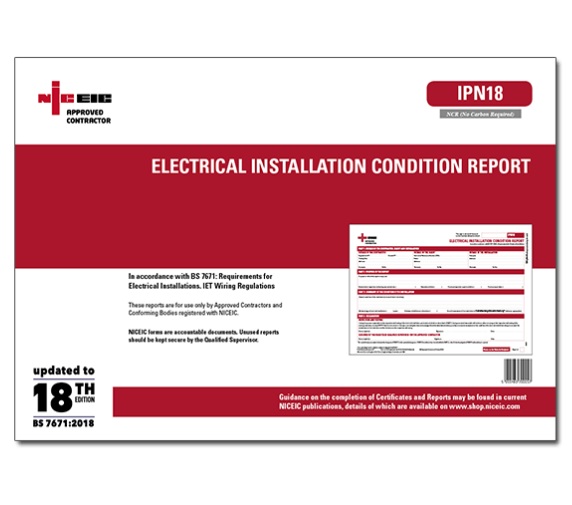

We all rely on electrical equipment these days, whether in the home or at work. We also often take it for granted that the equipment, wiring and all components will be safe to use.
In reality, this is not always the case: wiring and components deteriorate with age, and sometimes, the installations are faulty or have been incorrectly fitted. Any of these scenarios can be dangerous and even fatal.
Because of this, it is imperative that electrical systems and installations are tested frequently, and that's why the electrical condition report was introduced.
The expert team at Powervolt Team offers EICR tests in Kidbrooke with Hornfair, along with a comprehensive range of services relating to all things electrical. Our dedicated professionals will ensure that your electrics are completely safe and comply with current regulations.

Electrical Installation Condition Reports (EICRs) are a thorough inspection of the electrical installations within a property. It assesses the condition of the wiring, sockets, switches, and other fixed electrical parts. Its primary aim is to identify potential hazards and ensure compliance with safety standards outlined in the UK.
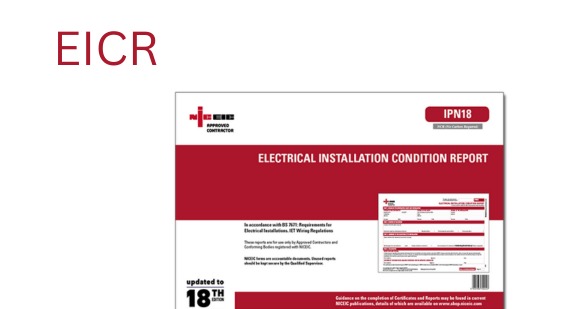

Powervolt Team is the preferred choice in the UK for energy solutions. Specializing in voltage optimisation, LED lighting, renewable energy, and more, we offer expertise, customized services, and a commitment to sustainability. Choose us for innovative and efficient energy management.








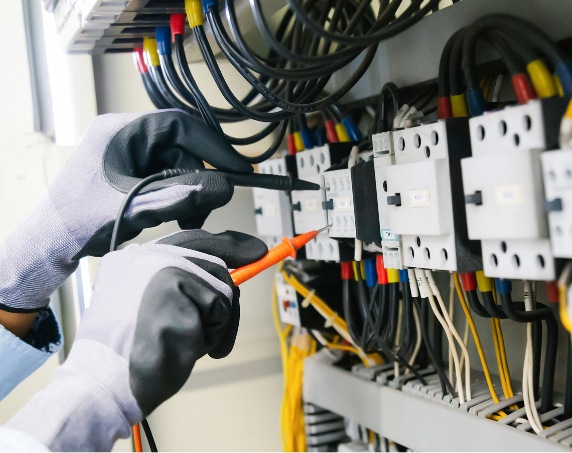

A qualified electrician conducts the examination, checking for any defects, damages, or deviations from the standards set by the Institute of Engineering and Technology (IET) Wiring Regulations (BS 7671). This involves comprehensive visual inspection and testing procedures, including earth continuity, insulation resistance, polarity, and more.

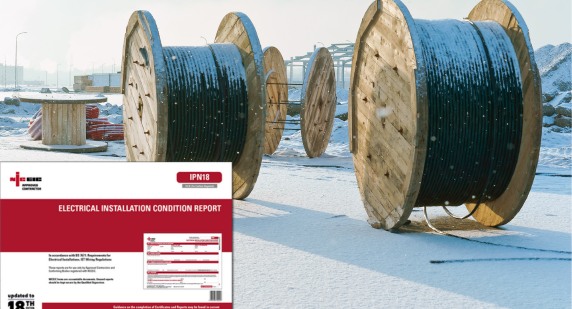

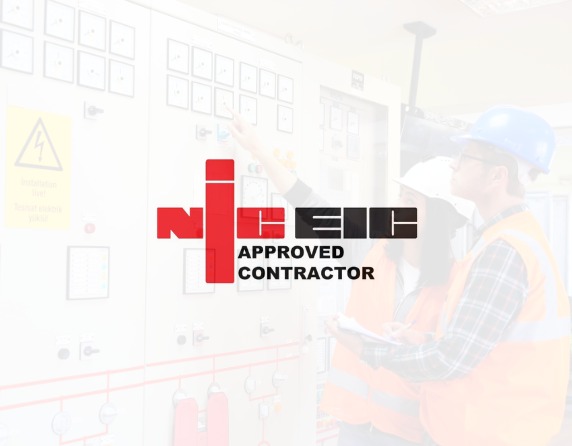


Powervolt Team is the preferred choice in the UK for energy solutions. Specializing in voltage optimisation, LED lighting, renewable energy, and more, we offer expertise, customized services, and a commitment to sustainability. Choose us for innovative and efficient energy management.











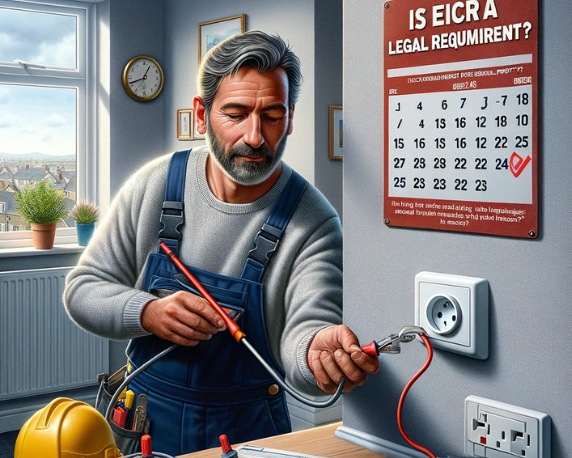
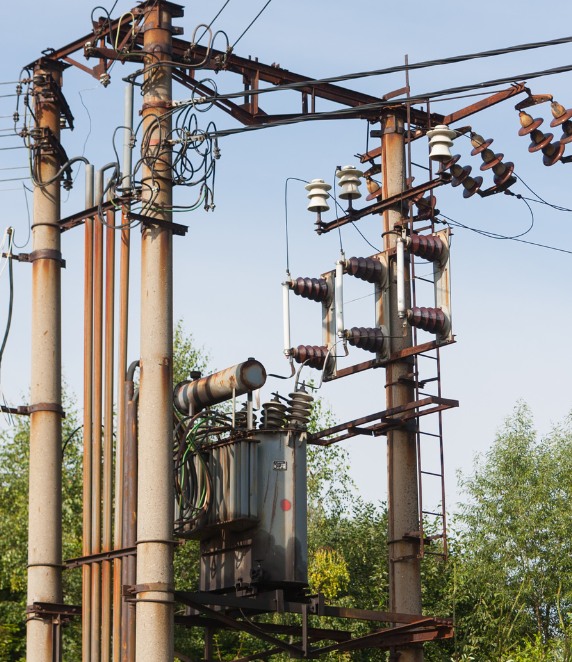

EICR applies to various properties in Kidbrooke with Hornfair, including rented accommodations, commercial spaces, industrial premises, and even domestic homes. Landlords, homeowners, businesses, and facility managers all fall within the scope of EICR obligations.
As a legal obligation, the law only applies to rented accommodation. However, every business has a duty of care to ensure the safety of employees and customers, and an EICR inspection and report provides everything that you'll need to cover this.
The same applies to Portable Appliance Testing (PAT); it isn't a legal obligation but an excellent idea. If you need more information or advice on this, get in touch with the Powervolt Team team!

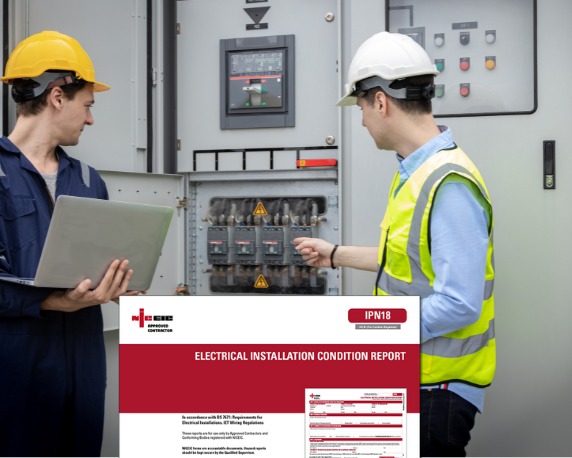
Failing to have a valid EICR in the UK, especially for landlords, can lead to legal repercussions, including fines and potential prosecution. Additionally, it can invalidate property insurance and pose serious safety risks to occupants due to undetected electrical hazards.
An EICR is a comprehensive inspection but may not uncover every hidden fault, particularly if they involve concealed wiring or parts not covered by the inspection. However, it is effective in identifying most common electrical issues and potential safety hazards.
An EICR assesses the safety of existing electrical installations, identifying any deficiencies or hazards. In contrast, an Electrical Installation Certificate is issued after new electrical work has been completed, certifying that it meets the UK standard BS 7671 for safety.
Yes, in the UK, it is mandatory to have an EICR for Houses in Multiple Occupation (HMOs). The EICR must be carried out every five years to ensure ongoing electrical safety and compliance with legal requirements.